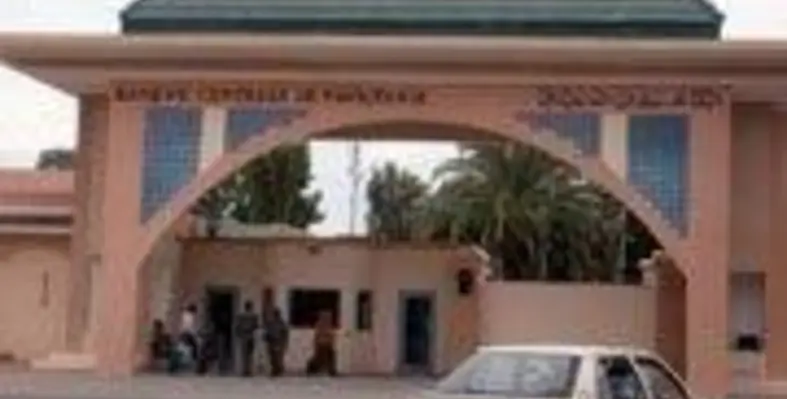Despite its low ranking in World Bank Doing Business reports and numerous constraints identified in various studies, Mauritania has a wealth of attributes that should make it an attractive destination for foreign investors and help it generate sustained economic growth.
A team of private sector experts from the World Bank recently visited the country as part of a move to formally re-launch Bank operations after a twelve-month crisis-related suspension. One of its primary goals was to re-start a 2008 Business Environment and Enterprise Performance (BEEP) survey that was also interrupted when the last government was thrown out of office, plunging the country into a deep political crisis. The BEEP project has been re-launched and its future activities have been validated.
To improve its performance and use its resources more judiciously, Mauritania received an envelope of US$5mn in 2008 as part of the BEEP agreement. The BEEP is expected to serve mainly as a catalyst by addressing bottlenecks pointed out in two earlier studies. The agreement provides for an additional allocation of US$5mn, and World Bank experts are working with local authorities to properly identify activities to be included in the envelope.
As was the case in many other African countries, the Mauritanian economy very quickly opened up to private investment in the early 1990s. Since that time, the World Bank has supported public authorities with their strategy to create a favorable business climate, in particular by providing technical assistance needed to implement institutional reforms. Several studies have been conducted by World Bank teams to identify the factors that most restrict the emergence of a private sector as a source of sustainable growth. Mauritania’s current Country Assistance Strategy (CAS), which was adopted in July 2007, emphasizes the critical role played by private investors as agents of development. A joint World Bank/IMF Financial Sector Assessment Program (FSAP) conducted in 2006 identified key constraints hampering private sector growth and recommended reforms aimed at restoring access to internal and external private financing, a major obstacle in developing countries. Another study was also conducted in 2006, aimed at allowing public officials and private investors to fine-tune their knowledge of the business environment so that they can best address its constraints. The main feature of this study, known as an Investment Climate Assessment (ICA), is a survey of local and international private operators in both the formal and informal sectors in Mauritania. More than 100 private operators and various government representatives attended its validation session in 2008 in Nouakchott. This validation process provided a forum for dialogue with a view to discussing such important topics as taxation, infrastructure, and governance. More recently, World Bank reports on ease of doing business indicators have demonstrated that over a two-year span, Mauritania fell five places – from a ranking of 161 in 2008 to 166 in 2009 (out of 181 countries).
Permanent reforms
Mauritania can take better advantage of private sector reforms by combining them with social policies aimed at protecting the most disadvantaged. While the factors curbing large-scale private investment still persist, improvements have been made, as can be attested by the establishment of two foreign banks, which ended an existing monopoly in the banking sector. This was a direct result of the 2006 joint World Bank/IMF FSAP mission. The main effect of this opening to foreign capital has been a reduction of almost eight percentage points in interest rates, to the great benefit of local enterprises.
Mention should also be made of the promising work recently done by the Central Bank of Mauritania, in particular the issuance of instructions to facilitate compliance with the new banking and microfinance laws. The other effects of the World Bank’s recommendations include:
- Improvement of the financial sector’s institutional framework, with the opening of the market and the enactment of new laws, as well as greater prominence given to the key role played by the Central Bank.
- Validation by the stakeholders of the studies on the constraints that affect both investment and promotion of the national private sector. A number of weaknesses should, however, be noted. They include:
A lack of clarity and precision by the State in identifying and establishing a private sector strategy or policy. Foreign investment rates in the country remain low relative to the region and available opportunities. - The private sector promotion policy also lacks a long-term vision.
Other critical aspects for ensuring the sound integration of the private sector into Mauritania’s development are the much-needed reform of the justice sector and the establishment of a strategy to combat corruption, which remains fairly widespread in business circles. The eagerly awaited business and procurement codes should certainly contribute to further improvement of the business environment in Mauritania.














